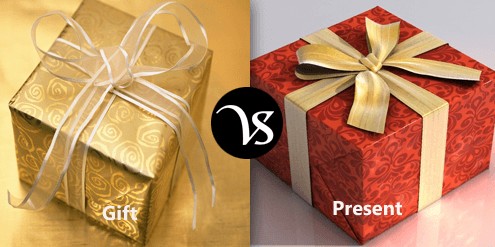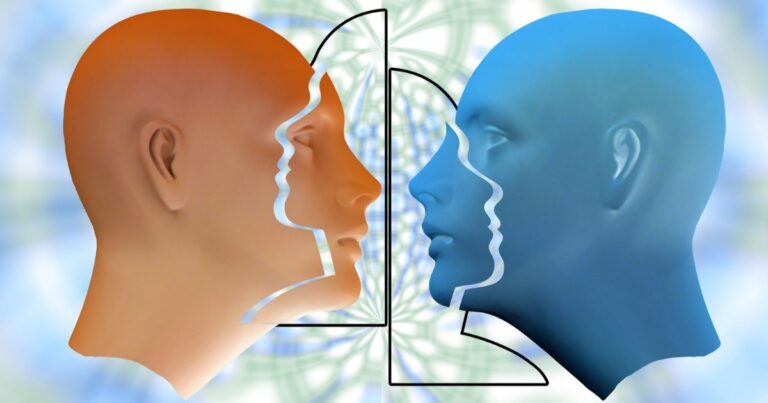This is again when we are busy, shopping, wrapping and giving them. Sometimes we call them gifts, sometimes Present. What is the difference? The words come from different language families. The gift comes from the old German root to “give”. It has been cited an act of giving, and then to the thing being given. In Old English, it means the dowry was given to a bride’s parent. The Present comes from “to be French”. The thing present to someone is Presents. They were used to think of some while avoided the transfer of occupation without expectation of payment after the 13th century.
Gifts comp. Presents:
Gifts and Presents are well-compatible words that mean the same thing, but even well-compatible synonyms are their own meaning and specific specifications of use. Gift applies to a wide range of conditions. Gifts may be talents. You can get the gifts of a gab or a music gift. Gifts can be intangibles. There is a gift of understanding and the gift of a quiet day. We usually do not use things like this. Presents are more concrete. A little bit okay. If your whole family donates to your college fund for your birthday, would you say “I got a lot of Presents”? This is not exactly sound wrong, but since you never hold these donations in your hands, gifts look better.
Grammarly Gift and Present:
Gift can also be an attributive noun; acting as an adjective to modify another noun. What do call type of shop where you can buy Presents for people? Gift shop? What do you call the basket of presents that you can have sent to all your employees? A gifts basket? Presents do not work in this role of defining other nouns. We have gift boxes, gift cards, gift wraps, present boxes, Presents cards, and Presents envelopes.
Gift appears more often than the present comparison, although it is difficult to get the right figure because if you compare the noun incident Present with a gift, you include it in another noun present, meaning the here and now. However, the plural noun presents capture only the word we want. Gifts outnumber presents in the Corpus of Contemporary American English by four to one.
Finalize:
Yet, according to my personal words, the Present – though it may not be as common – is more comfortable sound than the gift. I hope a child to ask Santa for lots and lots of presents, not many, many gifts. I wish you many and lots this year, of both the tangible and intangible kind.




